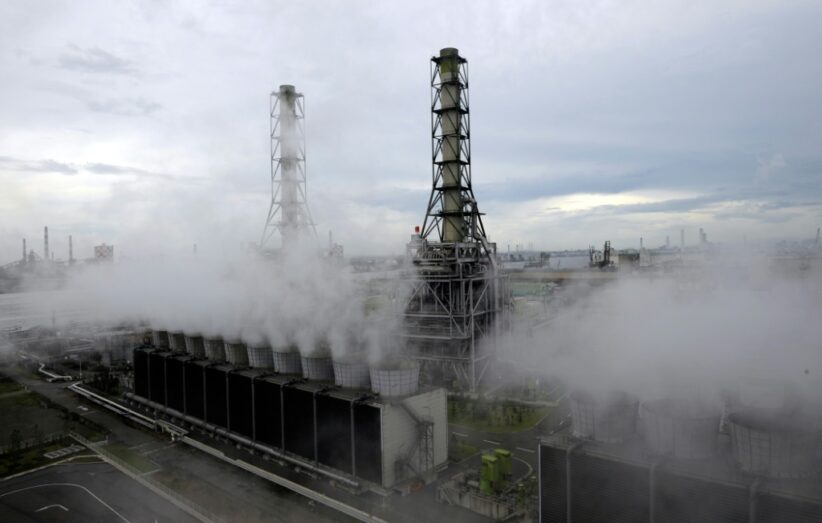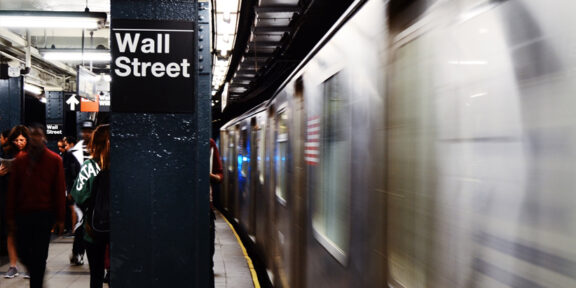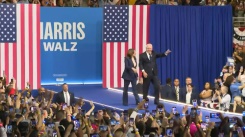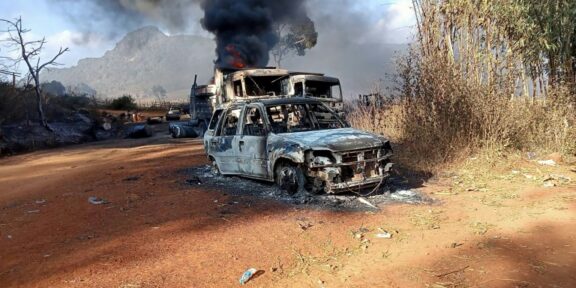Japan is offering Europe part of its liquified natural gas imports over fears supplies will be disrupted by tensions surrounding a possible Russian invasion of Ukraine, Tokyo’s trade minister said Wednesday.
Multiple gas shipments are already being diverted to Europe by private Japanese firms and will arrive this month, Koichi Hagiuda said, declining to give details of how many boats or how much LNG is involved.
More ships will head to Europe in March, but the supplies will be strictly contingent on ensuring domestic demand is met, he said.
Fears are mounting that a conflict in Ukraine could cause an energy crisis in Europe, which depends heavily on Russian supplies.
Analysts judge it unlikely Russia would completely halt supplies to Europe in the case of conflict, and Japan’s reserves are likely to be insufficient to make up the difference if Moscow did so.
But Tokyo’s offer comes with frenetic diplomatic manoeuvring under way in an attempt to ease tensions with Russia over Ukraine.
Hagiuda told reporters he had received requests from the US and EU ambassadors “to accommodate the need” for the fuel in Europe.
“We have communicated to both the US and EU that this co-operation is to be carried out only to the extent that it does not affect Japan’s electricity and gas supplies,” he said.
Japan was the world’s top LNG importer until last year, and is heavily dependent on the fuel. Reports suggest it may not have much to give, with stockpiles low even as record snow hits parts of the country.
Japanese gas companies will receive market price for the fuel, a trade ministry official said.
The US embassy said in a statement that the move shows “Japan is standing resolute with the United States and our European partners, and against the exercise of raw power.”
Hagiuda evoked memories of similar co-operation after a devastating quake, tsunami and nuclear disaster hit Japan over a decade ago.
“After the Great East Japan earthquake of March 11, 2011, it was the people of Europe and the people of the United States who were first to send us gas,” he said.
On Tuesday, German Chancellor Olaf Scholz backed a threat by US President Joe Biden that the controversial Nord Stream 2 gas pipeline would not proceed if Russia invades Ukraine.
The pipeline, set to double natural gas supplies from Russia to Germany, has become a key bargaining chip for the West in its bid to stop Moscow from invading Ukraine.









